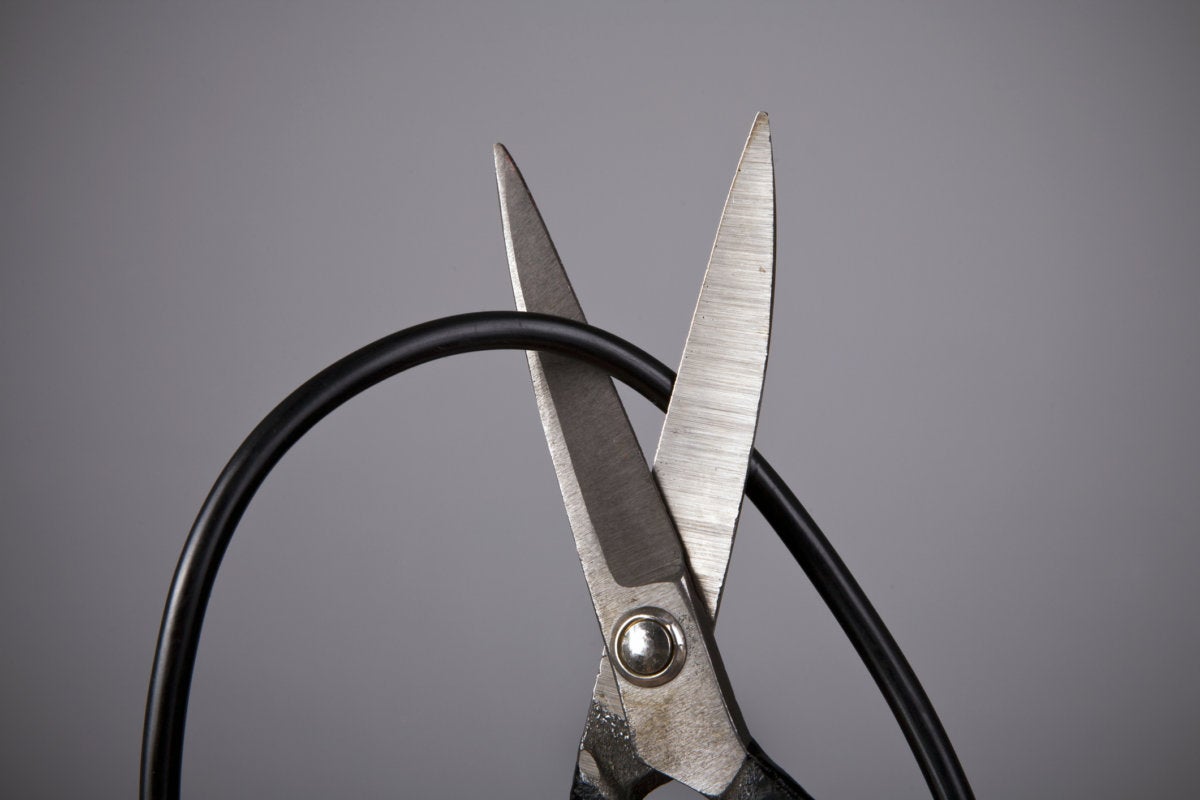 There have been occasions where these DNA databases have been hacked. It was announced earlier this month that more than 92 million accounts from the genealogy and DNA testing service MyHeritage were found on a private server. DNA data, specifically, was not taken, but a hack in this space is still concerning.
There have been occasions where these DNA databases have been hacked. It was announced earlier this month that more than 92 million accounts from the genealogy and DNA testing service MyHeritage were found on a private server. DNA data, specifically, was not taken, but a hack in this space is still concerning.Surprisingly, a majority of people who submit . All of these companies make clear that they will not share your DNA with any third-party unless you explicitly consent to it, but as 23andMe data shows, the vast majority of consumers opt in — at 23andMe, more than 80 percent. Ancestry and Veritas do not provide data on the opt-in percentage.
A spokeswoman from 23andMe said “if customers don’t consent, none of their data is shared."
Here is a website with more information on the risks of participating in these tests.
